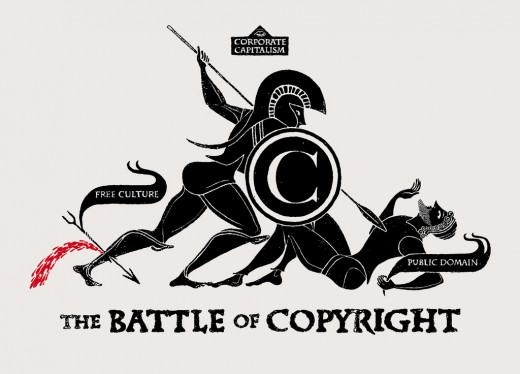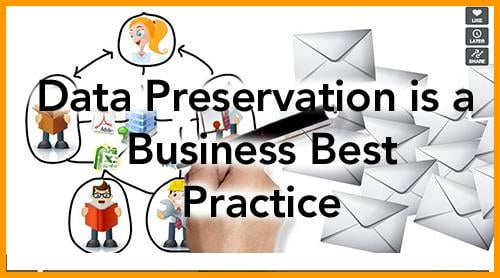Does It Benefit You To Protect Intellectual Property?
Intellectual Property
There is no doubt that starting a new business can prove to be a daunting task. From creating every component in the business to the realistic implementation of ideas, there are a number of tasks which ought to be completed successfully before a business can be deemed formed. Since you put too much work in the formation of the business and developing the right ideas, it is only important to know the methods which can be used in protecting your business interests and endeavors.
Intellectual property refers to the ideas which form the core of your business. From management, to slogans, logos and layouts, there are various components which make up your business creative intellectual property. These items, just like the case is for physical properties have potential to be stolen and can still be used improperly. However, all is not lost yet; you can still protect your ideas and hard work development using services that are intended at protecting intellectual property.
The issue of intellectual property protection has been discussed in various quarters in recent times. One thing that is for sure is that many people, including those in business do not really understand what it means let alone its essence. That is why it is important to talk about such issues in these settings to get a proper backing and understanding. It is always important to make sure that your intellectual property rights are protected.
Forms Of Intellectual Property Protection
Intellectual property protection mainly focuses on legally protecting what you have been working hard in order to develop. This can range from logos, slogans and other products that are unique to your business. It is therefore important to ensure that your intellectual property is well protected since it is what makes your business unique in the industry. Some of the most common forms of protection in this regard include:
• Using patents: These are rights given to you by the local government in order to ensure that no one else can manufacture, sell or even make a product that looks like yours. This is mainly helpful when you are creating a certain unique product for sale.
• Copyrighting Your Work: Copyrights are typically used in literary works. They give you the ability to control the people who can copy your original work. This helps to limit use of your creative content only to authorized parties.
• Nondisclosure Agreements: Just as the term implies, this means that anyone that you work with cannot share or disclose pertinent information regarding your business with someone else. This is normally helpful when you are trying to protect yourself against former business partners or employees.
• Trademarks: This one helps to legally protect you from any business which might want to use your logo or slogan for their own illicit purposes. Even if the logo is similar enough or rather too confusing for the consumer, this is a legal offense that can be well taken care of through the use of trademarks.
These are the main ways through which you can effectively protect intellectual property. So, if you want to keep your inventive ideas and creative practices within the business, you can be assured that these options will guide you towards the right direction.
Protect Intellectual Property

Why You Need To Plan For Success?
When you are starting up a new business, whether lean or not, you need to always plan for success. Intellectual property security infringement issues are bound to occur from time to time and as such you have to ensure that your ideas are well protected at all times. The world’s largest innovators such as Google, Microsoft and Apple attest to the fact that intellectual property protection is an element that is of great essence in the modern day business world.
What Should Startups Do In Order To Protect Their Intellectual Property Assets?
It is always important to work with patents in order to ensure uniqueness in the modern business world. That is why you are advised to patent what is important to other players in the industry and not just you. This will help to create an atmosphere of mutual interest and respect among business competitors.
You also need to make time and try to get smart with issues that are related to intellectual property. You need to educate yourself about trademarks, copyrights, trade secrets and patents before you can make any step. Investing a day or two to do research on these subjects will serve to inspire you a great deal. You just need to make sure that you are getting everything right.
You can as well reduce costs by doing your own intellectual property searches. If you know what patents are and the different types in the market, you will be able to make the right choices. If you find the going tough, you can find an attorney who can help you protect your intellectual property. Basically, this should be an attorney who truly understands what intellectual property is and how it works. You can then ask them for a fixed rate so they can guide you through the entire process.
As much as many people love to focus more on patents, it is important to understand that patents are not your only asset. You need to run an audit so as to identify all your registered and unregistered copyrights and trademarks. This will help you figure out where you should put much weight when implementing your intellectual property protection rules.
Well-written non-disclosure agreements might also significant in such cases. You need to make sure that your employment agreements, licenses, contracts and technology agreements all are aimed at protecting your intellectual property.

Last Advice
Last but not least, you can also investigate international patents if you plan to have competitors who are based in other parts of the world. You need to do this research thoroughly so as to make sure that there is no conflict of interest. Of course different nations across the globe have different legal rights related to businesses. You have to make sure your business conforms locally before you can think of the global scope.








